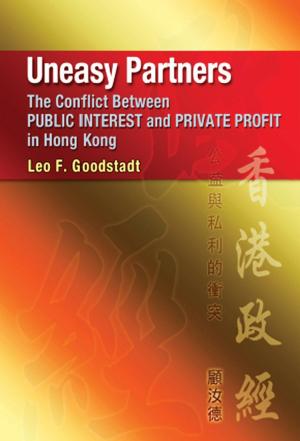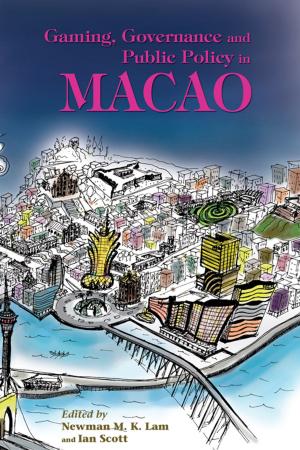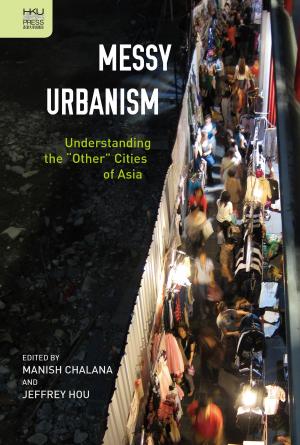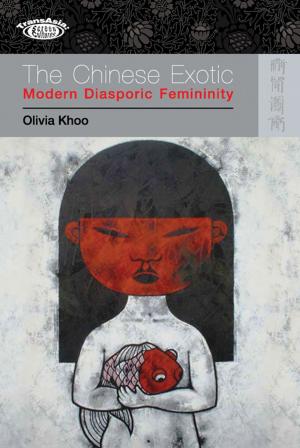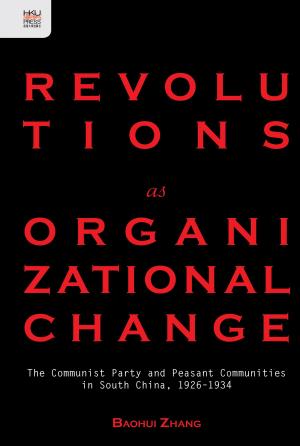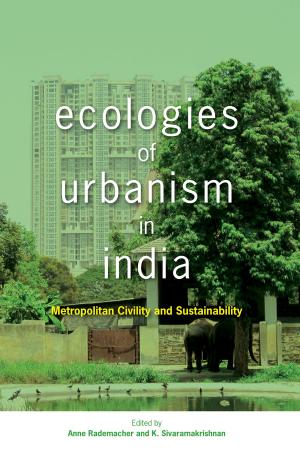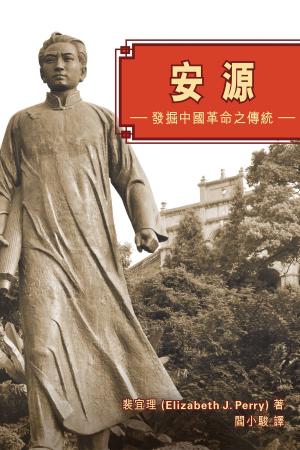Poverty in the Midst of Affluence
How Hong Kong Mismanaged Its Prosperity
Nonfiction, Social & Cultural Studies, Political Science, Government| Author: | Leo F. Goodstadt | ISBN: | 9789888180806 |
| Publisher: | Hong Kong University Press | Publication: | January 1, 2007 |
| Imprint: | Hong Kong University Press | Language: | English |
| Author: | Leo F. Goodstadt |
| ISBN: | 9789888180806 |
| Publisher: | Hong Kong University Press |
| Publication: | January 1, 2007 |
| Imprint: | Hong Kong University Press |
| Language: | English |
Hong Kong is among the richest cities in the world. Yet over the past 15 years, living conditions for the average family have deteriorated despite a robust economy, ample budget surpluses and record labour productivity. Successive governments have been reluctant to invest in services for the elderly, the disabled, the long-term sick, and the poor, while education has become more elitist. The political system has helped to entrench a mistaken consensus that social spending is a threat to financial stability and economic prosperity. In this trenchant attack on government mismanagement, Leo Goodstadt traces how officials have created a new poverty in Hong Kong and argues that their misguided policies are both a legacy of the colonial era and a deliberate choice by modern governments, and not the result of economic crises. This provocative book will be essential reading for anyone wishing to understand why poverty returned to Hong Kong in this century.
Hong Kong is among the richest cities in the world. Yet over the past 15 years, living conditions for the average family have deteriorated despite a robust economy, ample budget surpluses and record labour productivity. Successive governments have been reluctant to invest in services for the elderly, the disabled, the long-term sick, and the poor, while education has become more elitist. The political system has helped to entrench a mistaken consensus that social spending is a threat to financial stability and economic prosperity. In this trenchant attack on government mismanagement, Leo Goodstadt traces how officials have created a new poverty in Hong Kong and argues that their misguided policies are both a legacy of the colonial era and a deliberate choice by modern governments, and not the result of economic crises. This provocative book will be essential reading for anyone wishing to understand why poverty returned to Hong Kong in this century.

